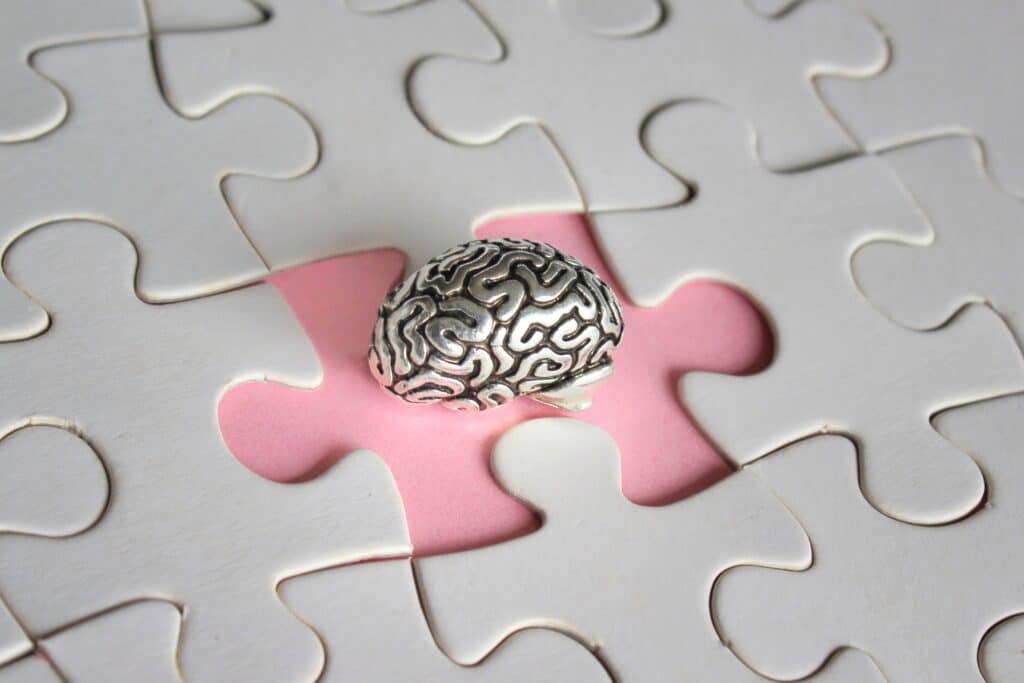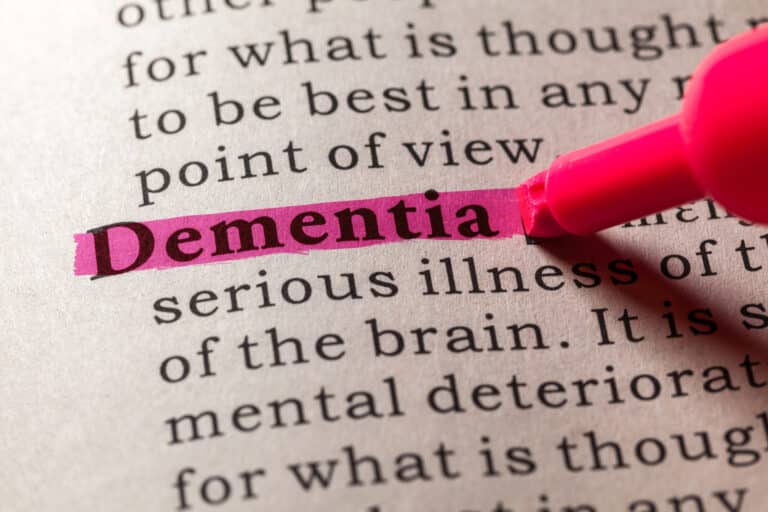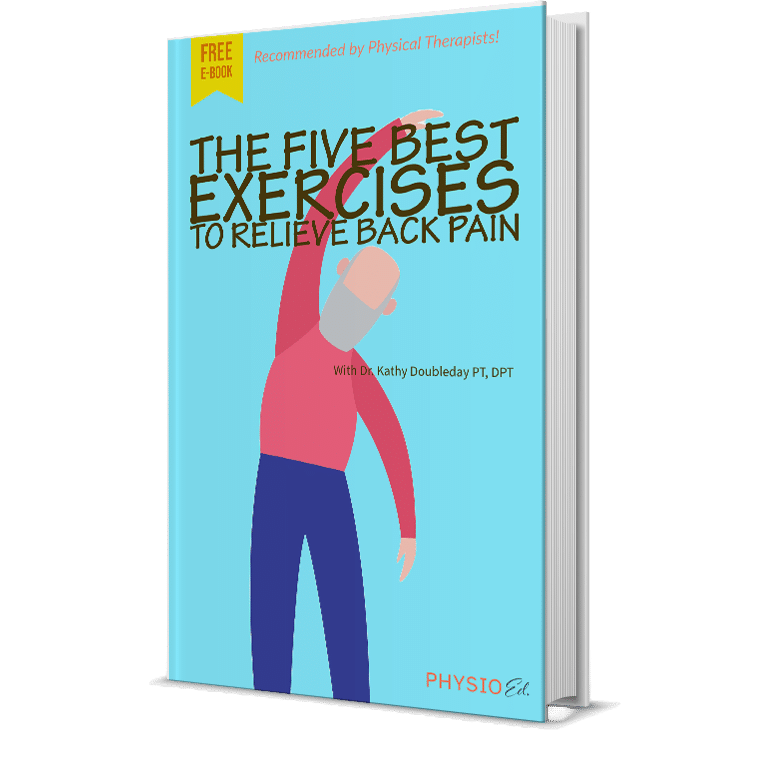Why Protect Your Brain?
As degenerative brain disorders like dementia and Alzheimer’s disease continue to rise, taking steps to nourish your brain could not be more important to prevent cognitive decline. Many of the worst habits for your brain can make taking care of your most important asset harder than you might think.
In this article, we’ll take a look at seven of these habits, from chronic stress to why it’s not so wise to drink sugary beverages. We’ll also provide actionable steps so you can preserve brain function for your mental health and longevity.

Habit #1: Not Getting Enough Sleep
Sleep deprivation and brain health
Sleep is your brain and body’s opportunity for regeneration and rejuvenation. Sleep deprivation can lead not only to a decrease in brain health but also to worse overall health. (1)
According to the Global Council on Brain Health:
- Sleep is vital to brain health, including cognitive function.
- Sleeping on average for 7-8 hours each night is related to better brain and physical health in older people. (2)
Poor sleep quality can be the result of many habits & behaviors, including unmanaged anxiety, alcohol consumption, and even lack of exposure to sunlight or too much screen time.
Caffeine can also affect how deep you are able to sleep. Too much caffeine, especially near bedtime, can lead to sleep disruption and poor quality deep sleep. (3)
Sleep Apnea
Many seniors struggle with sleep apnea, which has been shown to have detrimental effects on sleep quality and has been linked to an increased risk of cognitive decline and dementia in older adults.
What You Can Do
- Aim for seven hours of sleep with consistent bedtimes and wake-up times.
- Avoid caffeine within eight hours of bedtime
- Try to avoid looking at screens within two hours of bedtime.
- Talk to your doctor about treatment for sleep apnea or chronic snoring.

Habit #2: You Don’t Get Enough Regular Exercise
Benefits of regular exercise
Regular exercise has a host of benefits ranging from better body composition to improved mood, decreased risk of bone loss, and improved cardiovascular health.
Specifically, aerobic exercise has been shown to improve cognitive function thanks to improved blood flow to the brain, which can lower chronic stress and other factors that might trigger chronic inflammation.
Exercise might even improve the health of the brain by improving the integrity of brain tissue responsible for things like memory and learning, in turn helping to preserve brain function and decrease the risk of degenerative disease.
What You Can Do
- Talk to your doctor about getting started with an exercise program
- Take daily walks to get outside and boost your heart rate.
- Check out our free exercise videos to get started today!

Habit #3: Consuming the Unhealthy Stuff
Ever heard the term “go with your gut?”
The nerves in your abdominal region (sometimes called the “second brain”) are closely linked to the function of your brain, creating a direct link between gut health and brain health.
The Standard American Diet (SAD) and its abundance of heavily processed and inflammatory foods can lead to poor gut health which can contribute to neurological dysfunction and poorer brain health.
Eating a heart-healthy diet rich in nutritious fruits and vegetables not only improves your brain’s health but may also prevent mental decline while decreasing your risk of other negative health outcomes like obesity and heart disease.
Drinking Alcohol or Sugary Beverages
It can be easy to overlook the role of liquid in your diet, but some of the worst dietary effects can come from beverages and some can seriously damage your brain.
Alcohol consumption, even as minimal as a single drink a day, can result in a decrease in brain mass and decreased brain function, and the damage your brain cells endure rises with each drink.
Sugary beverage consumption, whether from fruit juices, sweetened tea, sports drinks, or soda has been directly linked to cognitive decline.
What You Can Do
- Talk to your doctor about beginning a heart-healthy diet, focusing on minimally processed foods
- Consume fast food, soft drinks, or heavily processed foods minimally or not at all.
- Stick to water or tea and avoid or abstain from drinking alcohol regularly. Even “healthy” fruit juice can result in spiking blood sugar and other negative side effects.

Habit #4: Brushing Off Public Health Guidance
Organizations like the CDC and the WHO are valuable resources to get trustworthy information about major health problems and initiatives. Many of the issues they address often go overlooked, despite being related to declining cognitive function.
For example, high blood pressure can not only affect your risk for stroke and heart disease but high blood pressure has also been shown to decrease grey matter in parts of the brain that are directly related to the development of Alzheimer’s disease.
Although vaccinations are not intended to directly improve brain health, they may provide an opportunity to prevent other conditions that could diminish it. One ten-year study shows a direct link between getting a flu shot and a lessened risk of developing dementia and Alzheimer’s disease.
What You Can Do
- Keep up with the Center for Disease Control and Prevention‘s updates about seasonal illnesses and other health overall health guidance, including vaccines.
- Get regular exercise and eat a heart-healthy diet to prevent cognitive decline and promote healthy aging.

Habit #5: Not Getting Out of the House
Alzheimer’s disease is not the only brain health problem associated with aging. Depression and anxiety related to loneliness are on the rise, and there is a direct link between loneliness and early mortality.
On a similar note, getting outside might be healthier than we thought. Being outdoors or spending time in natural “green spaces” has been shown to have a positive effect on brain health, and may even lower the chances of being diagnosed with Alzheimer’s disease.
What You Can Do
- Attend group exercise classes or other healthy social gatherings.
- Take walks with friends, neighbors, or pets.
- Budget time to go to the park or other green spaces.

Habit #6: Cranking Up the Volume
Turning up the volume on headphones, your television, or working in excessively loud environments have been shown to promote hearing loss, which can lead to brain degeneration.
The Journal Brain found that taking steps to protect your hearing can help to stifle Alzheimer’s disease, Lewy body disease, and dementia. Our world continues to get louder and taking steps to protect your hearing has never been more important for your cognitive function and the health of your ears.
What You Can Do
- Consider using an app on your phone to monitor the noise level of your surroundings.
- Turn your headphones down. If you find yourself talking loudly when you have headphones in, they are probably a little bit too loud.
- Use hearing protection when using power tools or going to loud concerts or events.

Habit #7: Chronic Stress & Negativity
Life can seem overwhelming at times, and we all encounter some level of stress in our day-to-day lives, but finding ways to reduce severe stress can improve brain health. Negative thinking can also lead to cognitive decline by causing more stress and anxiety raising the risk of dementia.
Taking steps to lower your stress, like practicing breathing exercises, or physical activity like tai chi or yoga helps to counter stressful periods of your life to improve your overall mental health and cognitive function.
What You Can Do
- Take a look at various clinically-supported meditation resources, like this one at the University of Massachusetts.
- Try our exercise and yoga offerings, or seek out classes in your community or online.
- If you have persistent negative or anxious thoughts, talk to your doctor. Interventions like talk therapy or even medication can help to lessen the detrimental effects of stress and anxiety.

Conclusion
Brain health methods can range from avoiding harmful substances and preventing hearing loss to simply moving and getting outside more often.
Research shows that taking steps to protect your brain early can help you to avoid some of the worst outcomes for your brain health as you get older. It’s never too late to improve the health of your brain.
References:
- Julio Fernandez-Mendoza, Fan He, Kristina Puzino, Gregory Amatrudo, Susan Calhoun, Duanping Liao, Alexandros N Vgontzas, Edward Bixler, Insomnia with objective short sleep duration is associated with cognitive impairment: a first look at cardiometabolic contributors to brain health, Sleep, Volume 44, Issue 1, January 2021, zsaa150, https://doi.org/10.1093/sleep/zsaa150
- Kirti Ranchod. Sleep and Brain Health. Mental Health Matters. 1 Feb 2021 https://journals.co.za/doi/10.10520/ejc-menhm-v8-n1-a5
- Mathew, G.M.; Reichenberger, D.A.; Master, L.; Buxton, O.M.; Chang, A.-M.; Hale, L. Too Jittery to Sleep? Temporal Associations of Actigraphic Sleep and Caffeine in Adolescents. Nutrients 2022, 14, 31. https://doi.org/10.3390/nu14010031
- Gosselin, Nadia, et al. “Obstructive sleep apnea and the risk of cognitive decline in older adults.” American journal of respiratory and critical care medicine 199.2 (2019): 142-148. https://www.atsjournals.org/doi/10.1164/rccm.201801-0204PP
- González Olmo, B.M.; Butler, M.J.; Barrientos, R.M. Evolution of the Human Diet and Its Impact on Gut Microbiota, Immune Responses, and Brain Health. Nutrients 2021, 13, 196. https://doi.org/10.3390/nu13010196
- University of Pennsylvania. “More alcohol, less brain: Association begins with an average of just one drink a day.” ScienceDaily. ScienceDaily, 4 March 2022. <www.sciencedaily.com/releases/2022/03/220304090349.htm>.
- Chen C, Lu Z, Wang X, Zhang J, Zhang D, Li S. Sugar-sweetened beverages consumption is associated with worse cognitive functions in older adults: from the national health and nutrition examination survey and food patterns equivalents database. Nutr Neurosci. 2022 Sep 5:1-8. doi: 10.1080/1028415X.2022.2115242. Epub ahead of print. PMID: 36062834.
- Bukhbinder, Avram S. et al. ‘Risk of Alzheimer’s Disease Following Influenza Vaccination: A Claims-Based Cohort Study Using Propensity Score Matching’. 1 Jan. 2022 : 1061 – 1074.
- Beauchet, Oliviera; Celle, Sébastienb; Roche, Frédéricb; Bartha, Robertc; Montero-Odasso, Manueld; Allali, Gillese; Annweiler, Cédrica , c , d. Blood pressure levels and brain volume reduction: a systematic review and meta-analysis. Journal of Hypertension 31(8):p 1502-1516, August 2013. | DOI: 10.1097/HJH.0b013e32836184b5
- Lisa Quadt, Giulia Esposito, Hugo D. Critchley, Sarah N. Garfinkel, Brain-body interactions underlying the association of loneliness with mental and physical health, Neuroscience & Biobehavioral Reviews, Volume 116, 2020, Pages 283-300, ISSN 0149-7634, https://doi.org/10.1016/j.neubiorev.2020.06.015.
- Besser L, Outdoor green space exposure and brain health measures related to Alzheimer’s disease: a rapid review BMJ Open 2021;11:e043456. doi: 10.1136 https://bmjopen-2020-043456
- Johnson, J. C., Marshall, C. R., Weil, R. S., Bamiou, D. E., Hardy, C. J., & Warren, J. D. (2021). Hearing and dementia: from ears to brain. Brain, 144(2), 391-401.
- Hopper, Susan I.1,2; Murray, Sherrie L.1,2; Ferrara, Lucille R.1,2; Singleton, Joanne K.1,2. Effectiveness of diaphragmatic breathing for reducing physiological and psychological stress in adults: a quantitative systematic review. JBI Database of Systematic Reviews and Implementation Reports 17(9):p 1855-1876, September 2019. | DOI: 10.11124/JBISRIR-2017-003848







